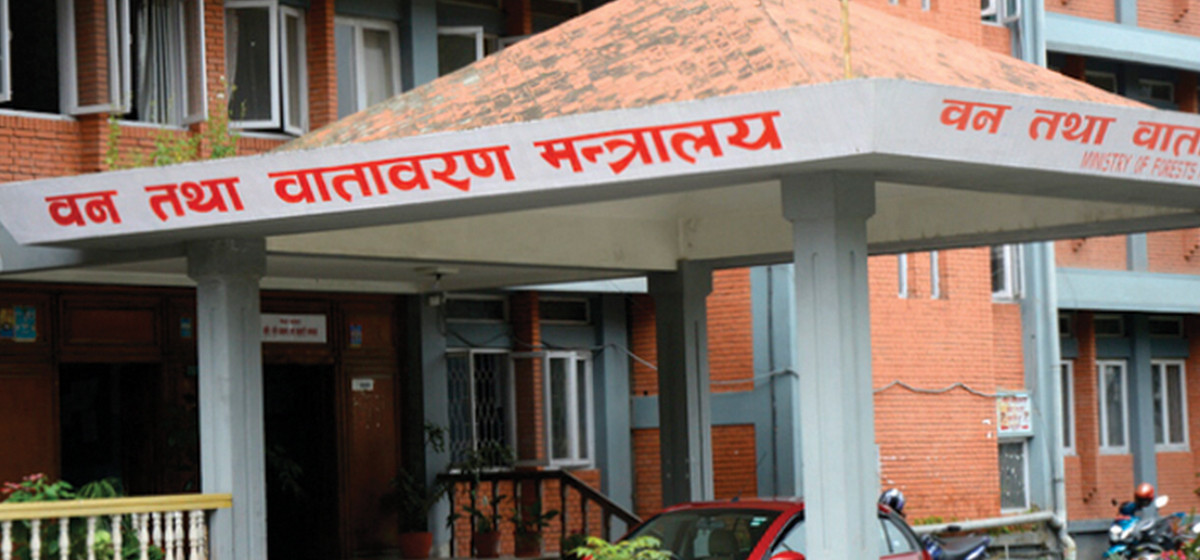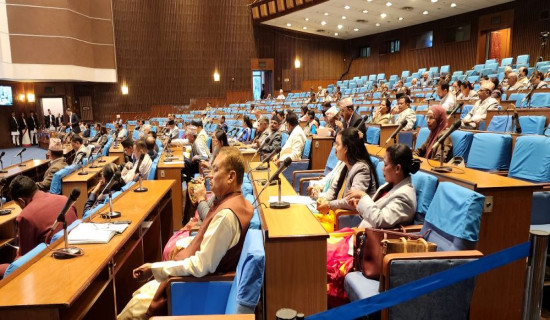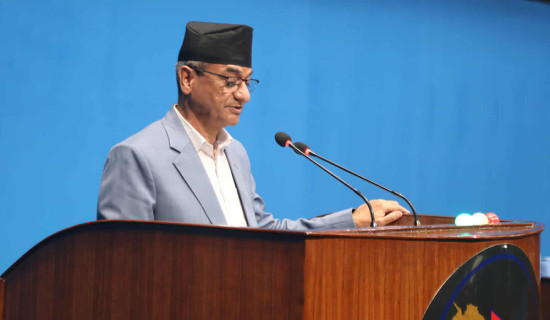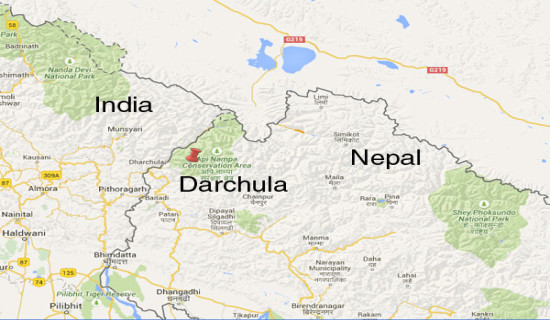- Wednesday, 3 September 2025
Ministry of Forests and Environment initiates Nepal's first NAQMAP
By A Staff Reporter
Kathmandu, Sept. 3: The Department of Environment Nepal, under the Ministry of Forests and Environment, launched the development of the country’s first National Air Quality Management Action Plan (NAQMAP). The Action plan was launched in collaboration with the International Centre for Integrated Mountain Development (ICIMOD) and the United Kingdom International Development.
The workshop brought together experts from three countries, including the Chinese Research Academy of Environmental Sciences, and India’s Ministry of Environment, Forest and Climate Change and Central Pollution Control Board (CPCB).
The NAQMAP is part of Nepal’s broader effort to reduce air pollution throughout the country and guide its national air quality management strategy.
Minister for Forest and Environment Ain Bahadur Shahi Thakuri described the effort as an ‘important channel’.
“This national initiative is not only the responsibility of the Department of Environment, but also of other ministries across the federal government. As learnt from the lessons shared today, convergence of schemes has worked to India's favour for air quality improvements. A similar coordinated approach with all relevant ministries in Nepal can work to the country's advantage.”
A 2024 global report found that 89 per cent of Nepal’s population live in areas with PM2.5 levels above the WHO interim target of 35 µg/m3.
Gyanraj Subedi, Director General at the Department of Environment, said, “This important discussion is a milestone for national air quality management in the country. This will help formulate our national air quality management plan.”
Experts from India’s CPCB shared best practices from the development of its National Clean Air Programme (NCAP), which launched in 2019. Key measures include cutting fuel emissions, the ban of polluting energy sources and monitoring of air quality.
Experts also set out the Chinese model of air quality management, where particulate and emissions fell without negatively impacting economic growth.
In Beijing, for instance, strict norms including the online monitoring of nearby industrial emissions data along with control of dust and volatile organic compounds have cut emissions by more than 50 per cent.
Ashish Tiwari, Air Pollution Lead at ICIMOD, said, “Investing in a national action plan has multiple benefits, including a better understanding of the factors impacting health, economic productivity and even crop yields.”
Jonathan Reeves, Senior Climate and Energy Adviser, British Embassy, Nepal, shared, “Black carbon, a climate forcer now known to speed up glacial melt in the region, also endangers food, energy and water security for nearly two billion people in Asia.















